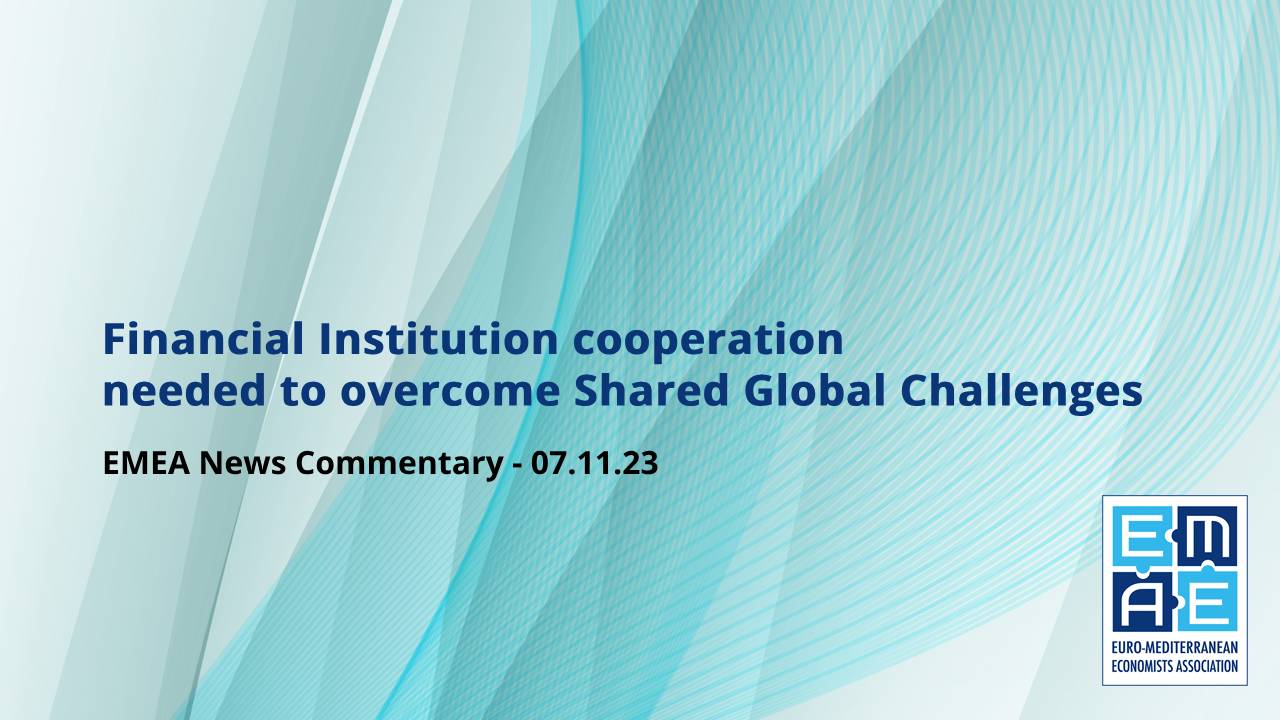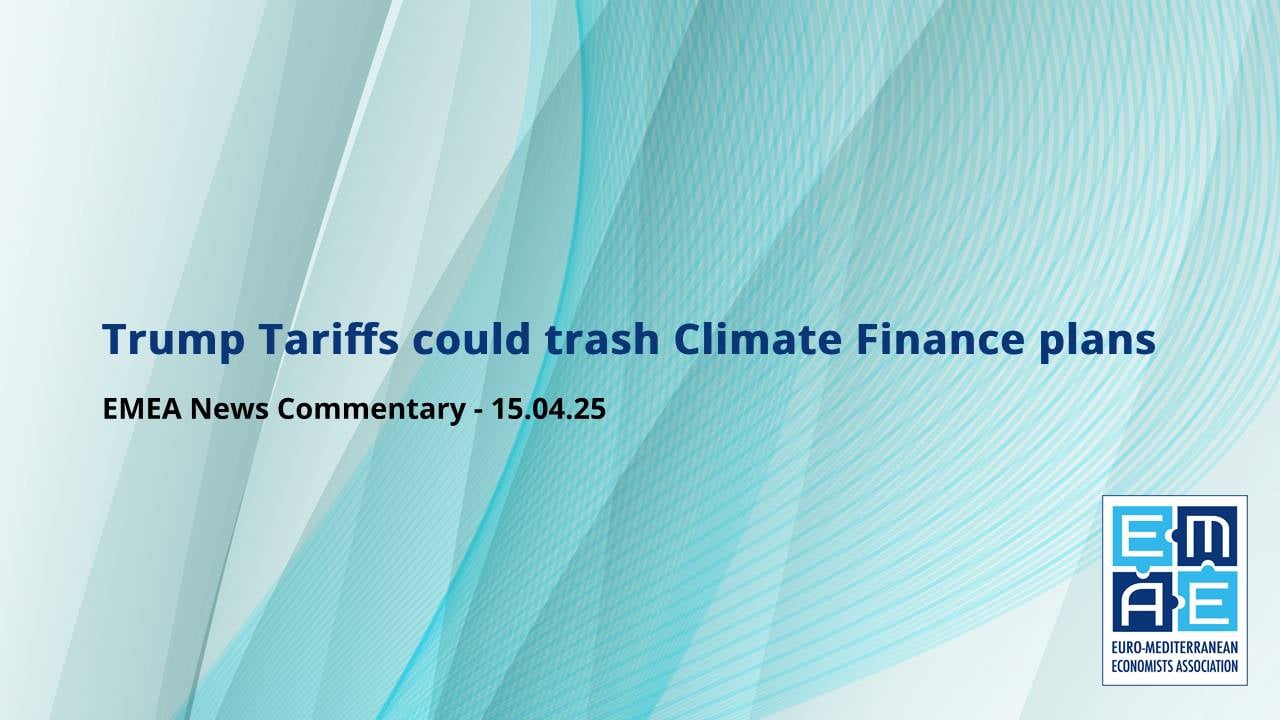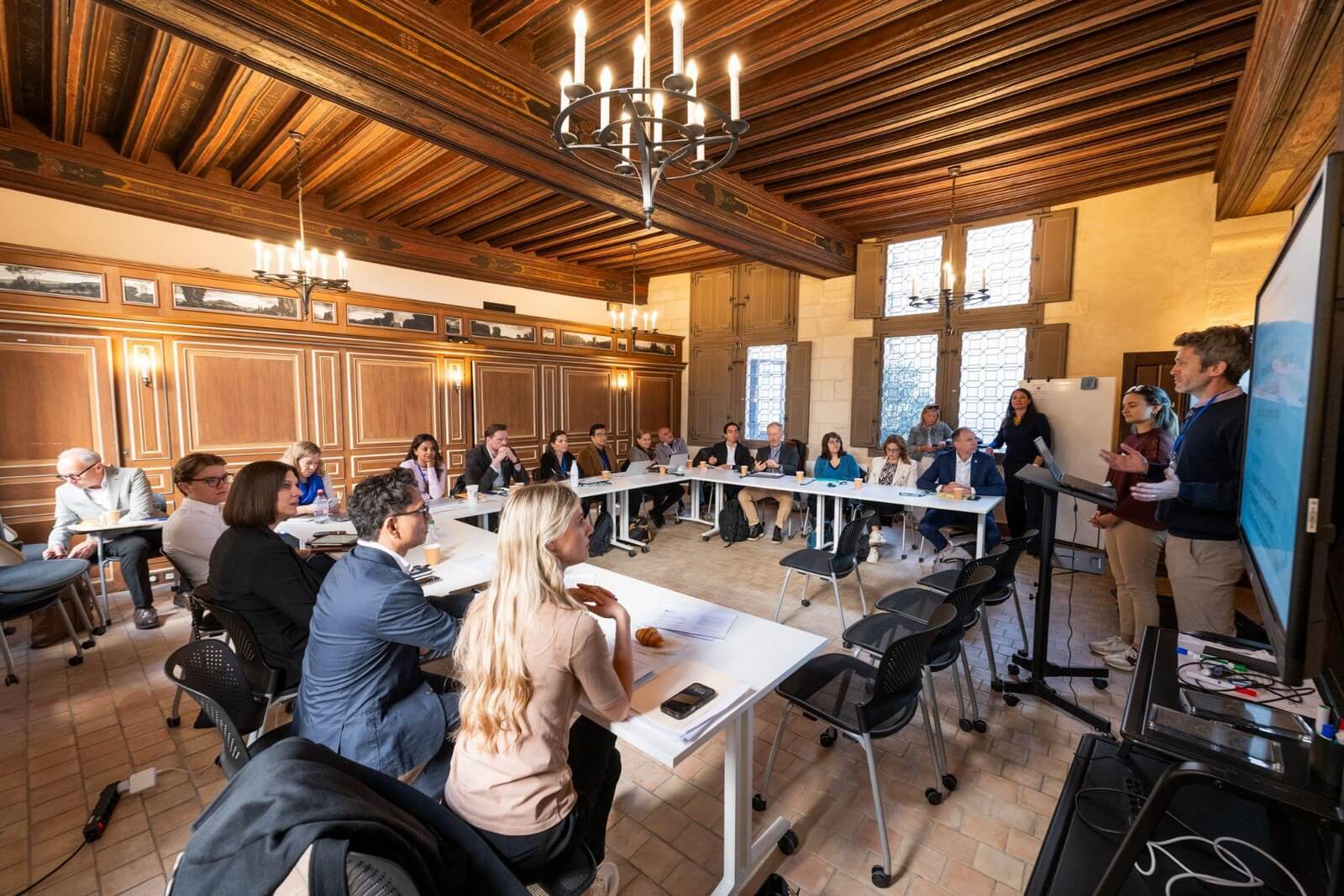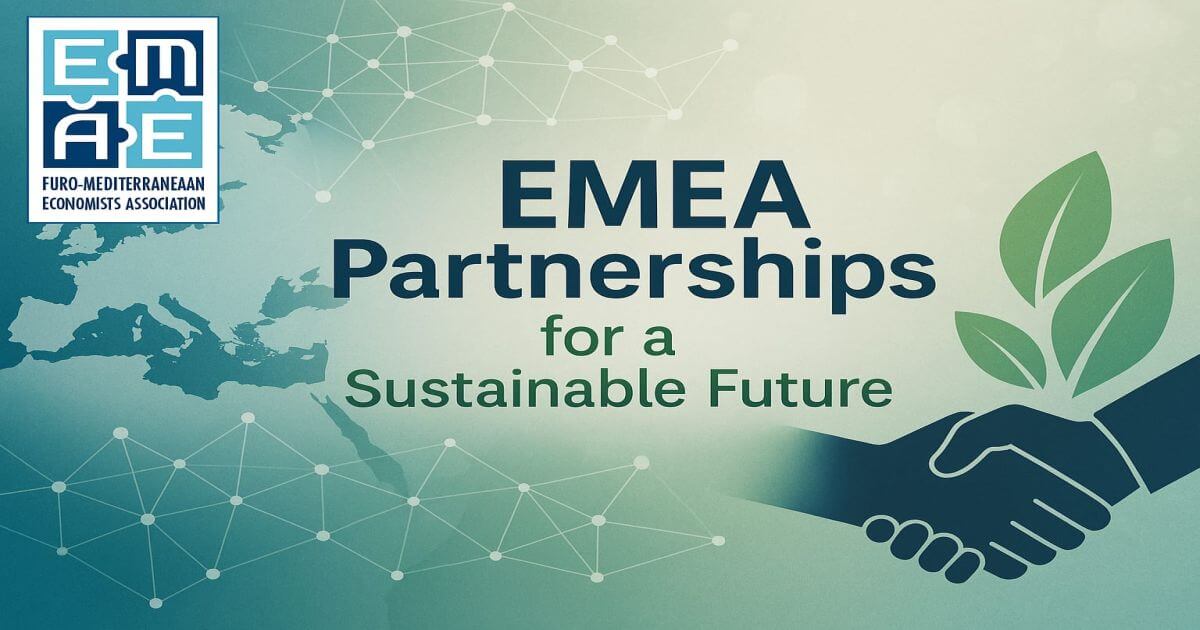Finance ministers and central bankers from the world’s leading economies were out in force during the annual meetings of the World Bank and International Monetary Fund (IMF), held in Morocco last month.
Their pressing priority was to come up with an agreeable solution as to how multilateral development banks (MDBs) should fund a challenging number of global crises.
As reported in Forbes Magazine, it was a heavyweight list that included climate change, extreme poverty, food insecurity and economic instability.
Widely recognised as “lenders of last resort”, MDBs finance vulnerable countries who don’t have any other access to borrowing money for ongoing development requirements. Calls to put institutional reform at the head of the global political agenda aren’t new, however, with the publication citing the Bridgetown Initiative, spearheaded by Barbados Prime Minister, Mia Mottley.
Forbes also said that United States Treasury Secretary should be credited for instigating the MDB “evolution process” at the 2022 World Bank and IMF annual meetings.
The publication reported that subsequently “many incremental steps” have been taken to reform the World Bank and other MDBs, “with the objective of making them more fit for purpose to tackle today’s global challenges.”
As examples, the World Bank had lowered its equity-to-loan ratio from 20% to 19%, releasing an additional $5 billion per year in new lending capacity. Furthermore, the Inter-American Development Bank (IDB) and, more recently, the World Bank and European Investment Bank (EIB) had introduced debt pause clauses in select new loan agreements.
Whilst these initiatives had helped, much work was still required to meet the world’s needs, said Forbes.
More money, greater cooperation
Above all, MDBs required two key components: more money and more cooperation.
It was essential “multilateral development banks not only catalyse additional funding to meet growing demand, but also work better together,” the publication advocated.
As previously reported, prior to the Marrakech meetings, the Rockefeller Foundation had disclosed that, with the correct reforms, the World Bank had the capability to lend an additional $190 billion.
Whilst being a large amount in its own right, the United Nations had separately declared that trillions of dollars would be required to tackle extreme poverty and put countries on the path to achieving sustainable development.
Ultimately, this would require new financial contributions from World Bank shareholders, which would have to include highly concessional fresh capital, factoring in grant financing for debt-distressed low-income countries, Forbes highlighted.
The publication referred to recent polling by the Open Society Barometer, showing that amongst global south countries, “support is high for high-income wealthy countries to contribute more to institutions like the World Bank.
“MDB shareholders must accept that reforms will have to be combined with increased capital, if global financial institutions are to meet the recommended target of tripling their investments, in order to contribute their estimated £390 billion per annum share of financing needs,” Forbes asserted.
Describing current times as “a poly-crisis era” of coinciding catastrophic events, it was simply impractical for any single institution or nation to shoulder the recovery burden alone.
“Greater collaboration between development banks is essential because it will maximise efficiencies, allowing for financing at scale, whilst bringing down transaction costs for borrowers and limiting risks through the diversification of portfolios,” said Forbes. This, in turn, would “enhance overall financing capacity and reassure credit rating agencies”.
Delivering Faster Results
Picking up on a statement released by MDB heads at Marrakech, in terms of increasing the speed and agility of MDB operations and working more closely together, Forbes said this could be achieved by streamlining and simplifying MDB processes.
On this tack, World Bank President, Ajay Banga had recently complained that new projects were taking over two years to start and it was often more than ten years before initial project benefits were felt. “For communities struggling with extreme poverty, that is far too long to wait,” Mr Banga had commented.
Drastically reducing set up and start up times would go a long way to delivering faster results.
Forbes said that Banga’s objective of reducing World Bank project review and approval times by one third was “a laudable goal that other MDBs with lengthy start up time should consider.”
They highlighted progress by the Asian Infrastructure Investment Bank, which had streamlined application processing, greatly reducing the administrative burden of borrowing countries. This had enabled borrower countries to use one set of documents to tap necessary funding streams with the AIIB and other MDBs, thereby saving valuable time and money.
“We applaud the MDB heads’ recent commitment to harmonising and mutually recognising each other’s policies and standards and encourage swift implementation of these changes,” said Forbes.
In addition, experts had agreed “that MDBs should focus on improving their ways of working better together, to ensure that they operate more as a system, versus disparate, disjointed entities.”
This could include more active and expanded use of guarantees and portfolio swaps, improving average credit ratings and allowing greater exposure for lower-rated members.
Additional ways to strengthen collaboration would be through pooling risks and increasing co-financing of projects.
Cross-bank collaboration and pre COP28 progress
One example of cross-bank collaboration was the AIIB-World Bank initiative to issue US$1 billion in credit guarantees against sovereign backed loans, significantly strengthening their collective financing capacity. “Creating the space to have more regular dialogues on common goals and challenges, would strengthen institutional collaboration for the benefit of client countries,” Forbes stated.
Climate financing was one specific area where MDBs needed to make more joint progress jointly, particularly on:
- fully pulling out of direct and indirect fossil fuel financing, as per the Paris Agreement
- refining their climate finance methodology
- timely and comprehensive reporting of funding streams
Any progress prior to COP28 on climate finance opacity and MDB alignment with the 2015 Paris Agreement “would send a positive signal, especially as it is unclear whether the $100billion climate finance promise from Copenhagen will finally be met this year and many governments of wealthy nations haven’t been more transparent,” Forbes observed.
Increased MDB collaboration would provide “a profound opportunity to amplify their collective capability to deploy finances and impact the many growing needs low-income countries face.”
Whilst global challenges couldn’t be solved in isolation, “by establishing common platforms that leverage resources and expertise, mitigate risks, and provide coordinated support, financial institutions can more effectively tackle the biggest challenges of the 21st Century,” the editorial concluded.





